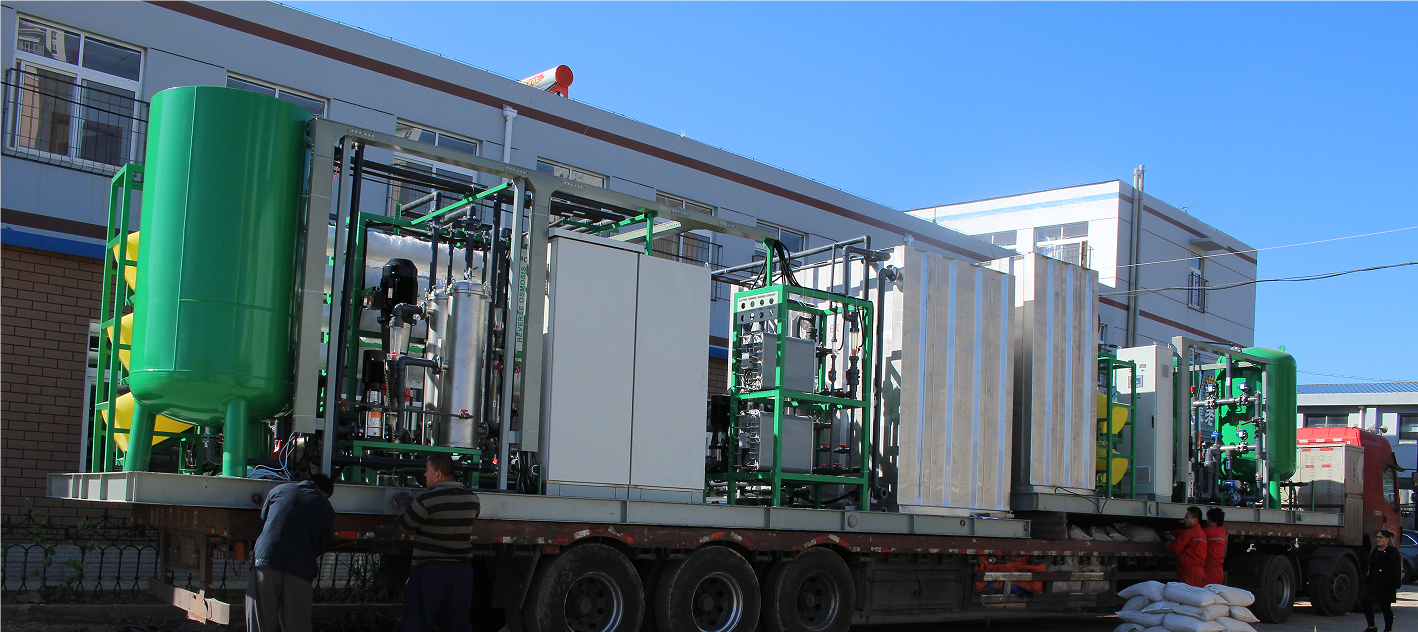A boiler is an energy conversion device that inputs chemical energy and electrical energy from fuel into the boiler. The boiler outputs steam, high-temperature water, or organic heat carriers with a certain amount of thermal energy. The hot water or steam generated in the boiler can directly provide the required thermal energy for industrial production and people’s daily life, and can also be converted into mechanical energy through steam power devices, or converted into electrical energy through generators. The boiler that provides hot water is called a hot water boiler, which is mainly used in daily life and has a small application in industrial production. The boiler that produces steam is called a steam boiler, often abbreviated as a boiler, and is commonly used in thermal power plants, ships, locomotives, and industrial and mining enterprises.
If the boiler forms scale during operation, it will seriously affect heat transfer and increase the temperature of the heating surface. If the heating surface of the boiler operates in an over temperature state for a long time, the metal material will creep, bulge, and the strength will decrease, leading to tube bursting; Boiler scaling can cause corrosion under the boiler scale, which may cause perforation of furnace tubes and even boiler explosions, posing a serious threat to personal and equipment safety. Therefore, controlling the water quality of boiler feedwater is mainly to prevent boiler scaling, corrosion, and salt accumulation. Generally, low-pressure boilers use ultrapure water as the supply water, medium pressure boilers use desalinated and desalinated water as the supply water, and high-pressure boilers must use desalinated water as the supply water. Boiler ultrapure water equipment adopts softening, desalinated and other pure water preparation technologies such as ion exchange, reverse osmosis, electrodialysis, etc., which can meet the water quality requirements of power boilers.
1. Control system: Adopting PLC programmable intelligent control and touch screen control, the equipment’s electrical control system automatically detects when turned on and is equipped with leakage protection device; Fully automatic water production, water storage tank for quick and timely water intake and use; If the water supply is cut off or the water pressure is insufficient, the system will automatically shut down for protection, and there is no need for a dedicated person to be on duty.
2. Deep desalination: Using reverse osmosis deep desalination treatment technology (two-stage reverse osmosis is used for areas with high salt content in the source water), high-quality pure water can be produced as the inlet for subsequent purification and ultra pure water equipment, ensuring better operation and extending service life.
3. Flushing setting: The reverse osmosis membrane has a timed automatic flushing function (the system automatically flushes the reverse osmosis membrane group for five minutes every hour of operation; the system running time and flushing time can also be set according to the actual situation), which can effectively prevent scaling of the RO membrane and extend its service life.
4. Design concept: Rationalization, humanization, automation, convenience and simplification. Each processing unit is equipped with a monitoring system, timed disinfection and cleaning function interfaces, water quality is classified for treatment, water quality and quantity upgrade functions are reserved, input and output interfaces are centralized, and water treatment components are centralized in a stainless steel cabinet, with a clean and beautiful appearance.
5. Monitoring display: Real time online monitoring of water quality, pressure, and flow rate at each stage, with digital display, accurate and intuitive.
6. Versatile functions: One set of equipment can simultaneously produce and use ultrapure water, pure water, and drinking pure water, respectively, and can lay pipeline networks according to demand. The required water can be directly delivered to each collection point.
7. Water quality meets standards: efficient water production, water quality meets standards, and meets the water requirements of various industries for different water qualities.
Post time: Jul-17-2024


